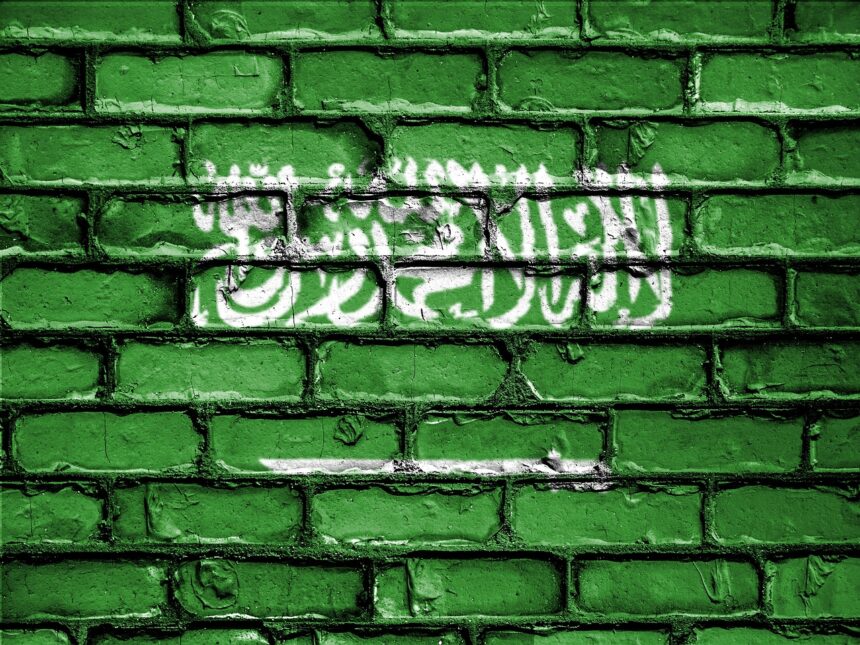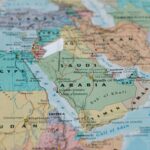In April 2019, while writing for Israel National News (Arutz Sheva), I interviewed journalist Hadeel Oueis. At the time, the conversation seemed to offer a fresh perspective on the shifting dynamics of the Middle East, particularly regarding Arab youth and their views on Israel and regional conflicts.
However, in light of subsequent analyses and a deeper understanding of certain geopolitical realities, a troubling question has emerged: Did I inadvertently help a Saudi disinformation operative advance a strategy of taqiya, designed to lull Israel and the Jewish world into a false sense of security, paving the way for a new regional order that could see Israeli sovereignty diminished?Subscribed
This concern stems from analysis suggesting that current geopolitical maneuvers, including normalization efforts like the Abraham Accords, might be part of a larger, more covert strategy. This strategy, as outlined in analyses like “U.S.-Saudi Nuclear Decoupling, Israeli Normalization, and the Emergence of Global Totalitarian Superstates,” posits the rise of dominant global blocs, including a Saudi-led Islamic/Sunni bloc. Within this vision, initiatives like the Abraham Accords could function as a “Trojan Horse,” aiming to integrate Israel into a Middle East Union where Jewish sovereignty is compromised.
Central to this strategy is the concept of taqiya, which is not merely defined as passive concealment under duress, but as active dissimulation employed strategically against adversaries in a state of conflict, as a tool for outmaneuvering enemies. This can involve strategic silence, ambiguous statements, or the outward appearance of alignment with a dominant political force to advance Islamic interests or long-term goals, with the aim of fundamentally altering Israel’s status.
Continue reading here.




